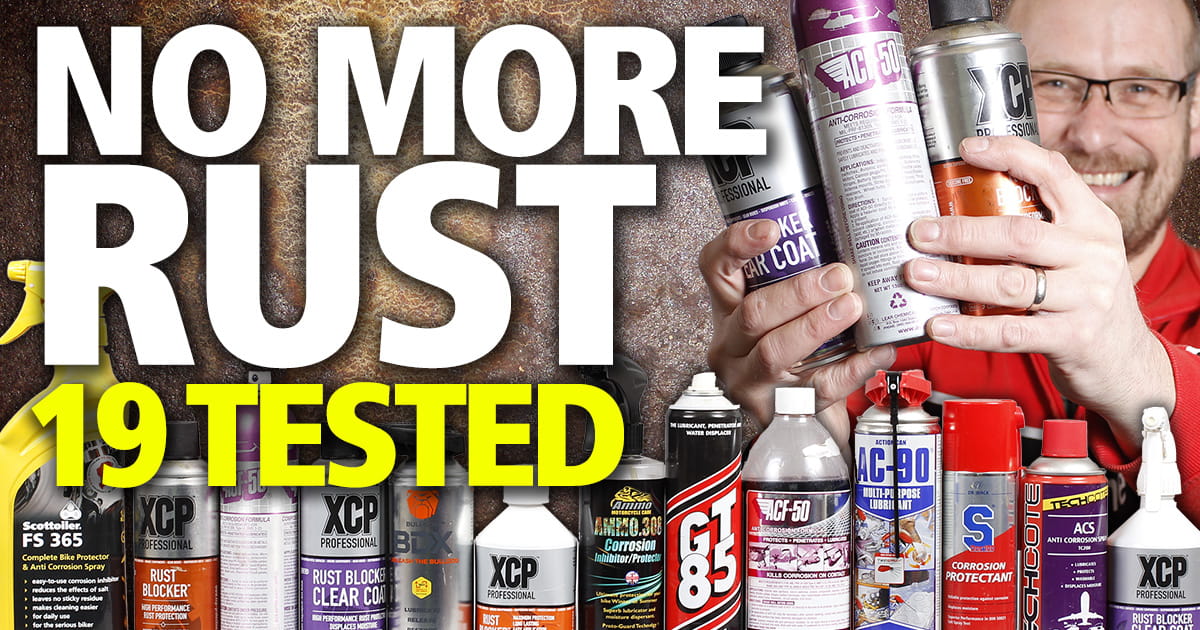MrCaspan
Active Member
So i have had my e-bike now for 4 months and been pretty good washing it down after each ride but we went to the cottage and had to store the bike on the bike rack on the back of the car for the week and it rained a few times. Now i have rust spots in my bolt heads on my befang m620 my chain is rusted a bit and even the washers for my full suspension seem to have little brown starting on them. I feel like I do what I can to keep the bike clean but then it just rusts up? Any tips or tricks to keeping rust off the bike. I know leaving it out in the weather for a week was not best idea but what do you do when you travel and there is not a shed to store it in? Would love to get your feedback. I feel I look at other bikes on the trail that look like they're 10 years old without a single spot of rust on them!


